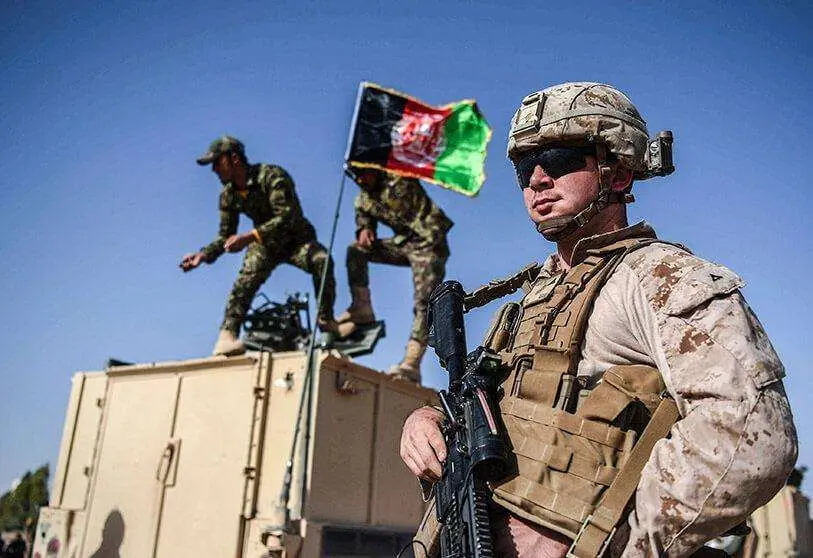Afghanistan: more than the end of a war

This month marks the beginning of the end of a war that has changed the perception of security in the face of the terrorist threat: the international intervention in Afghanistan. If the forecasts come true, NATO and the United States will begin to withdraw their troops on the ground from this May until 11 September. This brings to an end a 20-year conflict that, in terms of futility in the eyes of the American public, losses and legacy for presidents (the conflict has spanned four administrations) is similar to Vietnam. The parallels are not only limited to Washington, but also to the situation on the ground, with a corrupt and weak central government, strong insurgents and under-equipped armed forces with low morale.
The end of this conflict, which began last year with the US-Taliban ceasefire, is symbolic of the US fiasco. Although it remains to be seen what will happen once the international troops have withdrawn from the ground (especially if the Taliban try to overthrow the government or agree to form a coalition government), the fact that the US has signed a ceasefire with a terrorist group sets a controversial precedent. It should not be forgotten that the US has traditionally been known for its refusal to negotiate with such groups. By signing the agreement, Washington has recognised the Taliban as a relevant actor, legitimising them on the international stage. The Taliban quickly seized this opportunity, to the point of writing an op-ed in The New York Times1. Moreover, by negotiating a ceasefire that only affected international troops, the United States has put the Kabul government on the ropes, which, as seen in the Doha negotiations, is faced with the dilemma of seeking peace with a group that wants to eliminate them and with an ally that will not help it if the situation becomes complicated.
Now we will have to see how the withdrawal of international troops develops between May and September, and whether the Taliban take advantage of the withdrawal to conquer more ground - it should be noted that, although the Taliban have pledged not to attack international troops, they are still at war with those of the Afghan government. What can be said is that there will be no going back on the withdrawal of international troops. This will mark the end of an era for the US and NATO. For the former, it will mark the end of an era in the Global War on Terrorism, that of intervening en masse in the name of democracy. For NATO, the challenges of contributing troops, logistics and its ability to stabilise a country will be absorbed into future missions. What happens in Kabul after the withdrawal will also have repercussions for NATO, an alliance that since the 1990s has been known for its effectiveness in stabilising conflict zones. A hypothetical return of the Taliban to power would damage that image.
Indeed, the situation on the ground indicates that the country is very likely to fall back into Taliban hands, as it did in 1996. Most of the country, beyond the cities, is outside Kabul's control. Moreover, they are better equipped and more motivated than government troops, who in future will not be able to count on international air support - crucial to stop attacks - and have serious problems of supply of ammunition and weapons. Moreover, the announcement of the withdrawal of international troops has undermined the morale of an already unmotivated force, where desertions are common. With these challenges, the Afghan government's survival is in question.
In conclusion, the withdrawal of international troops from Afghanistan marks the end of an era for the United States and NATO. The fact that Washington has negotiated and signed an agreement with a terrorist group it promised to eradicate has put the Afghan government on the ropes, as it is faced with the task of engaging in dialogue with an enemy that wants to eliminate it as well as legitimising the Taliban internationally. The withdrawal closes a chapter for the US and NATO as it marks (for now) the end of the era of international intervention in the name of democracy. What happens in Afghanistan after the withdrawal of international troops will determine the success or failure of their interventions. The situation on the ground, where the Taliban have every chance of winning, does not invite optimism.
Reference:
1 - What We, the Taliban, Want - The New York Times (nytimes.com)

